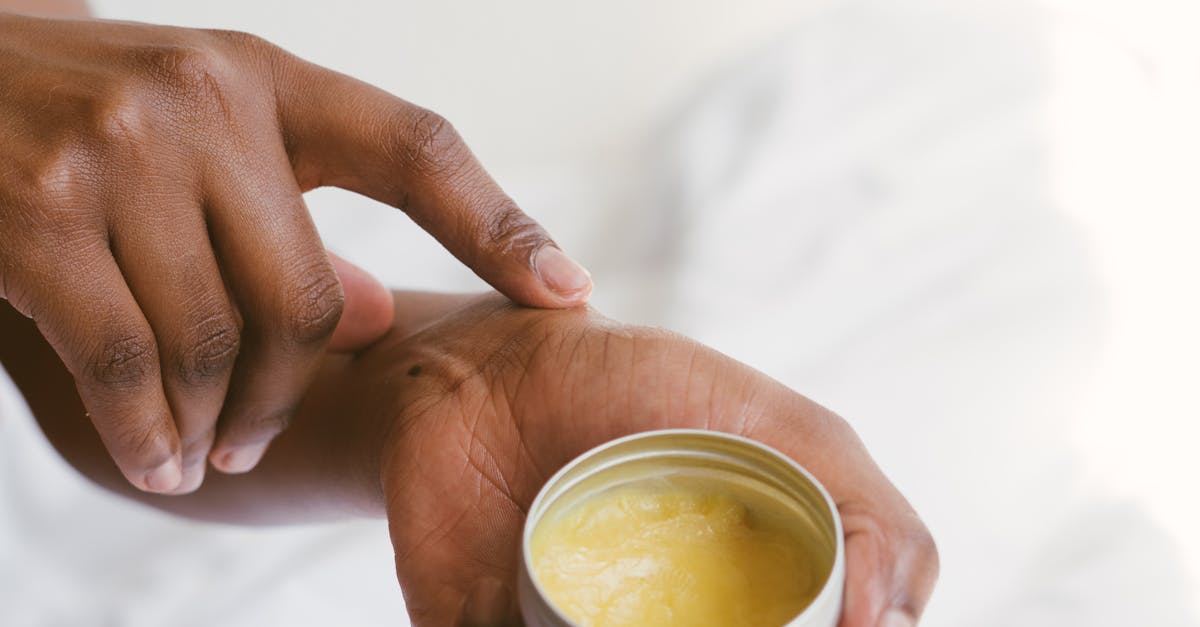
Table Of Contents
Overcoming Challenges in OTP Implementation
Implementing an Opioid Treatment Program (OTP) in a pharmacy setting can be a complex task that presents various challenges. One of the primary difficulties faced by pharmacists is ensuring that the OTP aligns with the regulations and guidelines set forth by relevant authorities. Adhering to these requirements is crucial to offering safe and effective services to individuals seeking Medication-Assisted Treatment for opioid use disorder.
Moreover, navigating the logistical aspects of integrating an OTP into existing pharmacy operations can present hurdles. From establishing efficient workflows to managing inventory for controlled substances used in Medication-Assisted Treatment, pharmacy staff must address a multitude of operational considerations. Overcoming these challenges requires careful planning, coordination between team members, and a commitment to ensuring the seamless integration of OTP services into the pharmacy's existing framework.
Strategies for a Smooth Transition to OTP Systems
Transitioning to OTP systems in pharmacy settings can be a significant change that requires careful planning and execution to ensure a smooth adaptation process. It is crucial for pharmacy staff to undergo comprehensive training programs that equip them with the necessary knowledge and skills to efficiently operate OTP systems. This training should focus on various aspects, including the safe handling of medications, managing patient information securely, and understanding the specific requirements related to Medication-Assisted Treatment.
Furthermore, establishing clear protocols and standard operating procedures is essential in facilitating a seamless transition to OTP systems. Pharmacy managers should work closely with staff to develop guidelines that outline the workflow, responsibilities, and expectations associated with the use of OTP systems. By creating a structured framework for incorporating OTP into daily pharmacy operations, organisations can enhance efficiency, reduce errors, and ensure compliance with regulations governing Medication-Assisted Treatment.
Training Staff for OTP Usage
Staff training is a critical component when introducing OTP systems in pharmacies. Ensuring that all team members are well-versed in the operation and management of OTP is essential for a smooth transition. Training should encompass various aspects, such as understanding the purpose of OTP systems, navigating the software interface, and following protocol for medication-assisted treatment.
Effective training programs should provide staff with comprehensive knowledge of OTP usage. This includes educating them on the importance of accuracy, patient privacy considerations, and adherence to regulations when dispensing medications related to medication-assisted treatment. Continuous support and refresher sessions can aid staff in confidently utilising OTP systems to enhance the efficiency and quality of pharmaceutical operations.
Developing Skills for Efficient OTP Handling
In the context of pharmacy operations, developing skills for efficient OTP handling is crucial for ensuring the safe and effective provision of Medication-Assisted Treatment to patients. Pharmacists and pharmacy staff must undergo comprehensive training to familiarise themselves with OTP systems and procedures. By mastering the intricacies of OTP software and workflows, pharmacy teams can streamline the dispensing process and minimise the risk of errors in medication management for patients undergoing treatment for substance use disorders.
Efficient OTP handling entails proficiency in navigating electronic health records, accurately documenting patient information, and adhering to regulatory requirements governing the dispensing of controlled substances for Medication-Assisted Treatment. Pharmacists should also cultivate strong communication skills to effectively engage with patients seeking opioid treatment and address any concerns or queries they may have. Additionally, continuous professional development and ongoing education are essential for pharmacy staff to remain abreast of the latest advancements in opioid treatment protocols and best practices in Medication-Assisted Treatment delivery.
OTP Best Practices in Pharmacy
In the realm of pharmacy practices, the optimisation of OTP (One-Time-Password) systems underscores a critical aspect of ensuring the secure dispensation of medications and upholding patient confidentiality. Particularly in the context of Medication-Assisted Treatment, where adherence to prescribed regimens is paramount, pharmacies must adopt best practices for the seamless integration of OTP systems into their operations. This necessitates stringent protocols for verifying patient identities, safeguarding sensitive data, and streamlining the dispensing process to enhance efficiency and patient care.
Moreover, adherence to industry guidelines and regulatory standards is crucial in the utilisation of OTP within pharmacy settings. By implementing comprehensive training programs for staff members, ensuring the accuracy and timeliness of OTP generation and utilisation, and fostering a culture of vigilance regarding OTP security, pharmacies can uphold best practices and mitigate the risk of errors or breaches. Additionally, aligning OTP protocols with established best practices in Medication-Assisted Treatment enables pharmacies to enhance patient outcomes, promote medication adherence, and streamline operations for the delivery of optimal pharmaceutical care.
Guidelines for Optimal Use of OTP in Pharmaceutical Operations
When implementing an OTP system in a pharmacy setting, it is crucial to adhere to guidelines for optimal use in pharmaceutical operations. Ensuring that staff members are well-versed in the system's functionalities and its integration into daily practices is vital. This not only bolsters operational efficiency but also enhances the accuracy and safety of medication dispensing, particularly for patients undergoing Medication-Assisted Treatment programs.
Furthermore, maintaining a high level of security and confidentiality is paramount when utilising OTP systems in pharmacy operations. Safeguarding patient information and ensuring compliance with relevant privacy regulations is a fundamental aspect of optimal OTP use. By prioritising patient privacy and data security, pharmacies can build trust with customers, foster a positive reputation in the community, and support the effective delivery of Medication-Assisted Treatment programs.
FAQS
What is OTP in pharmacy?
OTP stands for One Time Password, a security feature used to authenticate and verify users accessing sensitive information or making transactions in the pharmacy setting.
How is OTP used in pharmacy operations?
OTP is used in pharmacy operations to ensure secure access to electronic health records, prescription orders, and other confidential data, protecting patient information from unauthorized access.
Why is OTP implementation important in the pharmacy sector?
OTP implementation is crucial in the pharmacy sector to enhance data security, comply with regulations such as HIPA
What are some common challenges in implementing OTP systems in pharmacies?
Common challenges in implementing OTP systems in pharmacies include resistance to change, staff training requirements, technical issues with OTP software, and ensuring seamless integration with existing pharmacy workflows.
How can pharmacies ensure a smooth transition to OTP systems?
Pharmacies can ensure a smooth transition to OTP systems by conducting thorough staff training, communicating the benefits of OTP adoption, addressing concerns proactively, and gradually phasing in OTP usage to minimize disruption to daily operations.
